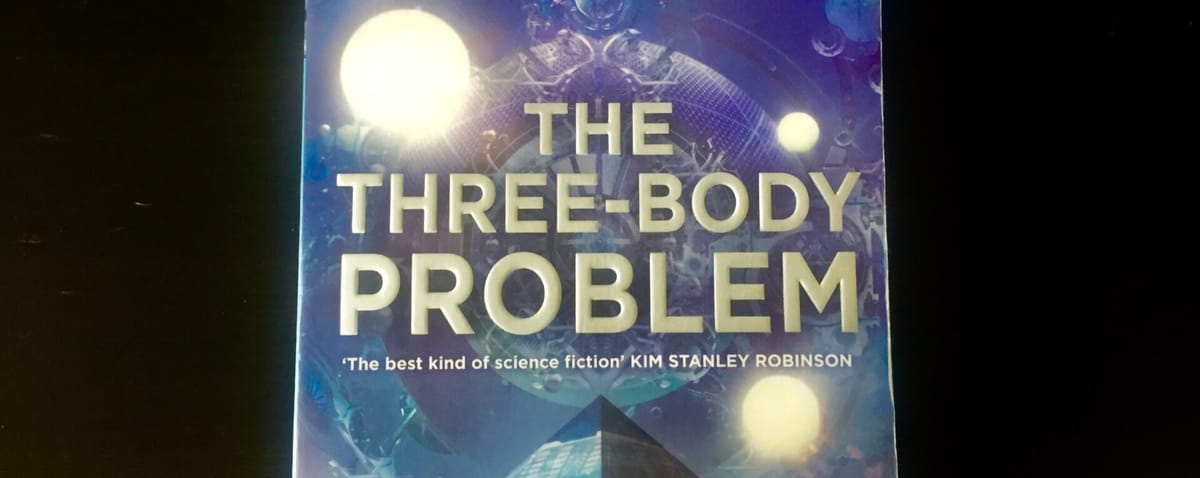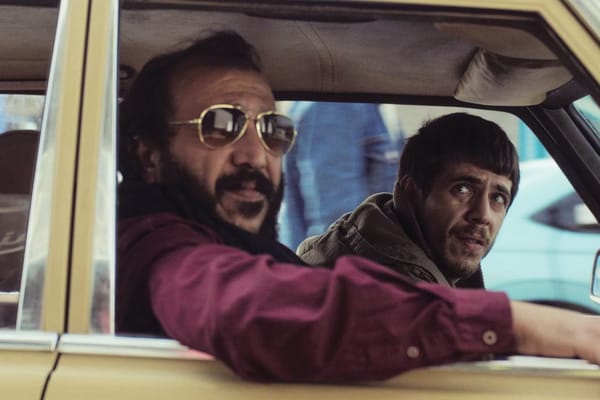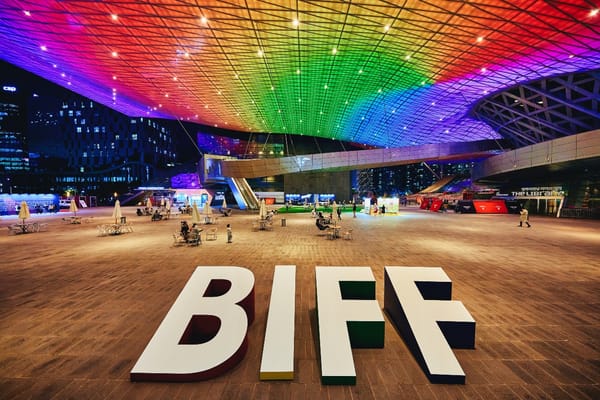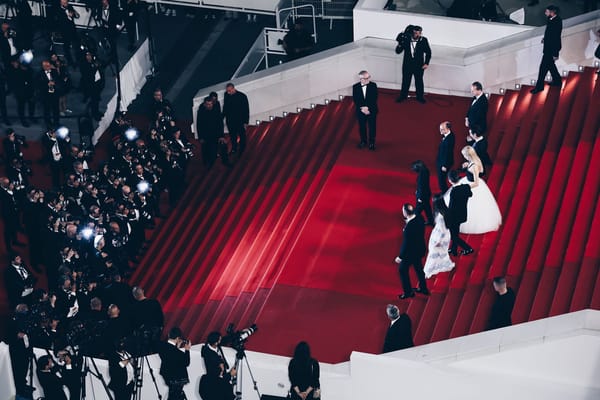COMMENT: Netflix’s Problem In Adapting 'The Three-Body Problem'
Although an impressive array of producing talent has been brought on board, Netflix has its work cut out adapting Liu Cixin's mind-bending sci-fi trilogy.

One of Netflix’s more intriguing recent announcements, at least on the creative front, is the deal it has struck to produce an English-language adaptation of Chinese writer Liu Cixin’s sci-fi trilogy, The Three-Body Problem.
The deal with Yoozoo Group and Three Body Universe (Shanghai) Cultural Development Co covers all the books in the trilogy – The Three-Body Problem, The Deep Forest and Death’s End (strictly speaking the trilogy is called Remembrance Of Earth’s Past, but fans refer to it by the name of the first book in the series). The Three-Body Problem became the first Asian novel ever to win a Hugo Award and the series counts former US President Barack Obama and Facebook founder Mark Zuckerberg among its fans.
An impressive array of producing talent has been brought on board the project – including Game Of Thrones creators David Benioff and D.B. Weiss; Alexander Woo, whose credits include The Terror: Infamy for AMC; Rian Johnson and Ram Bergman (Looper, Knives Out); Brad Pitt’s Plan B Entertainment, and Primitive Streak, founded by Robie Uniacke and Rosamund Pike. Liu Cixin and the trilogy’s English translator Ken Liu are on board as consulting producers.
Presumably the budget Netflix is working with is equally as impressive. Amazon was reportedly prepared to stump up $1bn for an adaptation of the trilogy two years ago, although it eventually failed to bag the rights. But with a project of this nature, neither money spent or talent involved guarantees success. The challenges of filming the books are as vast as the scope of the trilogy, which as Liu himself notes in a press release to announce the project, “transcends time and the confines of nations, cultures and races”.
Set all over our planet and the outer reaches of the universe, the story starts out in China during the Cultural Revolution when a young scientist accidentally makes contact with an alien civilisation, whom we later learn is looking for a new home.
From that point onwards, most of the action takes place internally; in the minds of characters, within a virtual reality video game, and across time and space – multi-dimensional space come to that – the first book involves protons being unfolded in multiple dimensions.
And for anyone expecting a Games Of Thrones style fantasy romp, be warned that the trilogy demands at least a passing knowledge of the theory of relativity, quantum computing and orbital mechanics. That’s a bit more of a stretch than figuring out who is backstabbing who in Westeros. There are also potential political flashpoints – mention of the Cultural Revolution aside, Chinese fans have already expressed fears that an American adaptation will get caught up in the evolving US-China tech war, or somehow “sabotage” China’s image or, god forbid, “insert American values” and “political correctness” into the series.
Of course, this is not the first time we’ve heard of a sci-fi adaptation that makes you think there’s a good reason why the old school US studios never took that particular risk. Apple+ is working on an adaptation of Isaac Asimov’s Foundation trilogy, which is just as complex and clever as Liu’s work – indeed Liu obviously owes a debt to Asimov, as does any sci-fi writer worth his salt – but is equally as unfilmable, not least because it jumps across time so all the characters change every century or so. It’s difficult to get invested in a character who you know is going to be long dead in the next episode.
Yoozoo Pictures, the film arm of video games giant Youzu Interactive, already had a crack at a Chinese-language adaptation of the books, a feature film directed by Zhang Fanfan, and starring Feng Shaofeng and Zhang Jingchu. The film was shot in northern China in 2015, but never saw the light of day and is thought to be an unsalvageable disaster.
Hopes are higher for an animated version of the trilogy, which Chinese streaming platform Bilibili commissioned from animation studio YHKT Entertainment (Incarnation), and is scheduled for delivery next year. It’s also worth nothing there’s already a hugely successful Chinese-language adaptation of another Liu work out there – feature film The Wandering Earth, which grossed $685m in China in 2019, and was later acquired by Netflix.
As for the English-language adaptation, at least some of trilogy’s Chinese and international fans are keeping an open mind. They say that the involvement of Benioff and Weiss can’t be taken lightly, despite misgivings over the final season of Game Of Thrones, and if they’ve successfully revived the fantasy genre, they have a better chance than most of reinventing science fiction. The adaptation could also, dare we say it, bring additional elements to some aspects of the original work. Although Liu’s books focus more on mind-bending ideas and concepts than character, there are several characters across the trilogy with an interesting arc that could be fleshed out.
And in the final analysis, the fandom around this trilogy is just so intense, especially among worldwide sci-fi fans and assorted otaku, that everyone will watch the adaptation just to see how it turns out. Whether it’s loved or hated, it certainly won’t be ignored. The beauty of streaming is that it doesn’t have to survive an opening weekend in theatres, it just has to get enough people talking on social media and start watching the show. So while the citizens of Liu’s Earth had to wait 400 years to greet their alien visitors, we will probably wait less than four years to find out if it’s possible to film the outer reaches of the universe and our imaginations, or if there are some things that just don’t ever need to reach the screen.




